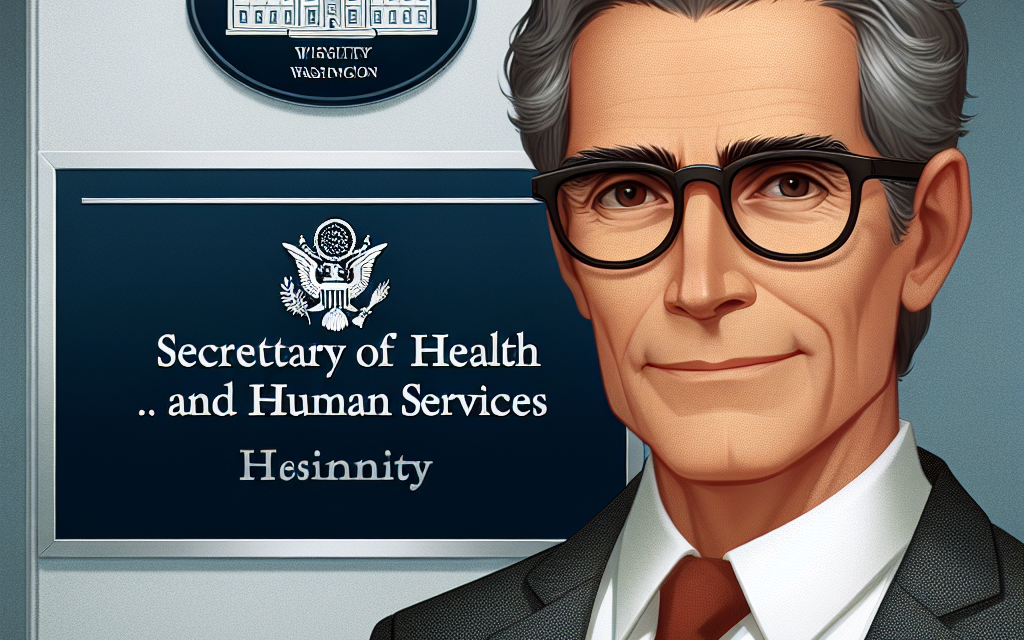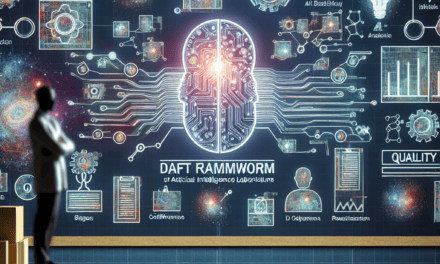RFK Jr. Appointed as Secretary of Health and Human Services: A New Era in Public Health Policy
Robert F. Kennedy Jr. (RFK Jr.), a prominent environmental attorney and activist, has been appointed as the Secretary of Health and Human Services (HHS) in a surprising turn of events. His appointment has sparked a wide range of reactions, from enthusiastic support to vehement opposition. This article delves into the implications of his appointment, exploring his background, public health philosophy, and the potential impact on various health policies in the United States.
1. Background of RFK Jr.: A Controversial Figure
Robert F. Kennedy Jr. is the son of the late Senator Robert F. Kennedy and the nephew of President John F. Kennedy. Born in 1954, he has built a career that spans environmental law, activism, and public health advocacy. His educational background includes a Bachelor of Arts from Harvard University, a Juris Doctor from the University of Virginia School of Law, and a Master of Science in Environmental Studies from Pace University.
RFK Jr. is perhaps best known for his work with the Natural Resources Defense Council and as the founder of Waterkeeper Alliance, an organization dedicated to protecting water resources. His environmental activism has earned him respect among many environmentalists, but his controversial views on vaccines have drawn significant criticism. He has been a vocal opponent of mandatory vaccinations, claiming a link between vaccines and autism, a stance that has been widely discredited by the scientific community.
His appointment as Secretary of HHS raises questions about how his views will influence public health policy, particularly in the areas of vaccination, environmental health, and healthcare access.
2. Public Health Philosophy: A Shift in Focus
RFK Jr.’s public health philosophy is rooted in a holistic approach that emphasizes environmental factors and individual rights. He advocates for a more cautious approach to vaccinations and has called for greater transparency in pharmaceutical practices. His views challenge the conventional public health narrative, which often prioritizes herd immunity and widespread vaccination as essential tools for disease prevention.
Some key aspects of his public health philosophy include:
- Environmental Health: RFK Jr. believes that environmental toxins play a significant role in public health issues. He has campaigned against pollution from industrial sources and has highlighted the need for stricter regulations to protect air and water quality.
- Vaccine Safety: His controversial stance on vaccines has led to a significant following among vaccine skeptics. He argues for more rigorous testing and transparency regarding vaccine ingredients and potential side effects.
- Patient Autonomy: RFK Jr. emphasizes the importance of informed consent in medical treatments, advocating for patients’ rights to make decisions about their health without coercion.
This philosophy represents a departure from traditional public health strategies that prioritize collective health outcomes over individual concerns. As Secretary of HHS, RFK Jr. may push for policies that reflect his beliefs, potentially reshaping the landscape of public health in the U.S.
3. Potential Impact on Vaccination Policies
One of the most significant areas of concern regarding RFK Jr.’s appointment is the potential impact on vaccination policies. Vaccines have been a cornerstone of public health efforts in the U.S., contributing to the near-eradication of diseases such as polio, measles, and mumps. However, RFK Jr.’s skepticism towards vaccines could lead to changes in how vaccination programs are implemented and perceived.
Several potential impacts include:
- Increased Scrutiny of Vaccine Safety: RFK Jr. may advocate for more extensive research into vaccine safety, potentially delaying the approval of new vaccines or leading to increased public skepticism.
- Changes to Mandatory Vaccination Laws: His appointment could embolden states to reconsider mandatory vaccination laws, allowing for more exemptions based on personal beliefs or health concerns.
- Public Health Messaging: The messaging surrounding vaccines may shift, focusing more on individual choice rather than community responsibility, which could undermine herd immunity efforts.
These changes could have far-reaching consequences, particularly in light of recent outbreaks of vaccine-preventable diseases. For instance, the resurgence of measles in the U.S. has been linked to declining vaccination rates, a trend that could be exacerbated by RFK Jr.’s policies.
4. Environmental Health Initiatives: A Focus on Toxins
RFK Jr.’s background in environmental law and activism suggests that he may prioritize environmental health initiatives as Secretary of HHS. His advocacy for cleaner air and water aligns with growing concerns about the impact of environmental toxins on public health. Research has increasingly shown that exposure to pollutants can lead to a range of health issues, including respiratory diseases, cancer, and developmental disorders.
Key initiatives that RFK Jr. may pursue include:
- Stricter Regulations on Pollutants: He may advocate for more stringent regulations on industrial emissions and chemical pollutants, aiming to reduce exposure to harmful substances.
- Community Health Programs: RFK Jr. could promote community-based health programs that address environmental health disparities, particularly in low-income and marginalized communities.
- Research Funding: Increased funding for research on the health effects of environmental toxins may be a priority, helping to build a stronger evidence base for policy changes.
These initiatives could lead to significant improvements in public health, particularly for vulnerable populations disproportionately affected by environmental hazards. For example, studies have shown that children living near industrial sites are at higher risk for asthma and developmental delays, highlighting the need for targeted interventions.
5. Healthcare Access and Equity: A New Approach
RFK Jr.’s appointment also raises questions about healthcare access and equity in the U.S. He has been an advocate for healthcare reform, emphasizing the need for a system that prioritizes patient needs over corporate profits. His views align with a growing movement calling for universal healthcare access, which has gained traction in recent years.
Potential areas of focus for RFK Jr. include:
- Universal Healthcare: He may support initiatives aimed at expanding access to healthcare services for all Americans, regardless of income or insurance status.
- Addressing Health Disparities: RFK Jr. could prioritize policies that address health disparities among different racial and socioeconomic groups, ensuring that marginalized communities receive equitable care.
- Patient-Centered Care: His approach may emphasize patient-centered care models that prioritize individual needs and preferences, moving away from a one-size-fits-all approach.
These changes could lead to a more equitable healthcare system, addressing long-standing disparities that have left many Americans without adequate care. For instance, studies have shown that low-income individuals are less likely to receive preventive care, leading to worse health outcomes over time.
Conclusion: A Transformative Appointment with Uncertain Outcomes
RFK Jr.’s appointment as Secretary of Health and Human Services marks a significant shift in U.S. public health policy. His controversial views on vaccines, emphasis on environmental health, and advocacy for healthcare reform present both opportunities and challenges. While his focus on individual rights and environmental factors may lead to innovative approaches to public health, it also raises concerns about the potential undermining of established public health strategies.
As the nation grapples with ongoing public health challenges, including the COVID-19 pandemic and rising health disparities, RFK Jr.’s leadership will be closely scrutinized. The outcomes of his policies will likely shape the future of public health in the U.S., making it essential for stakeholders to engage in informed discussions about the direction of health policy under his tenure.
In summary, RFK Jr.’s appointment as Secretary of HHS is a pivotal moment that could redefine public health priorities in the United States. His unique perspective, rooted in environmental activism and a commitment to patient autonomy, presents both opportunities for reform and challenges to established practices. As the nation moves forward, the implications of his leadership will be felt across various sectors of public health, making it crucial for all stakeholders to remain engaged and informed.





